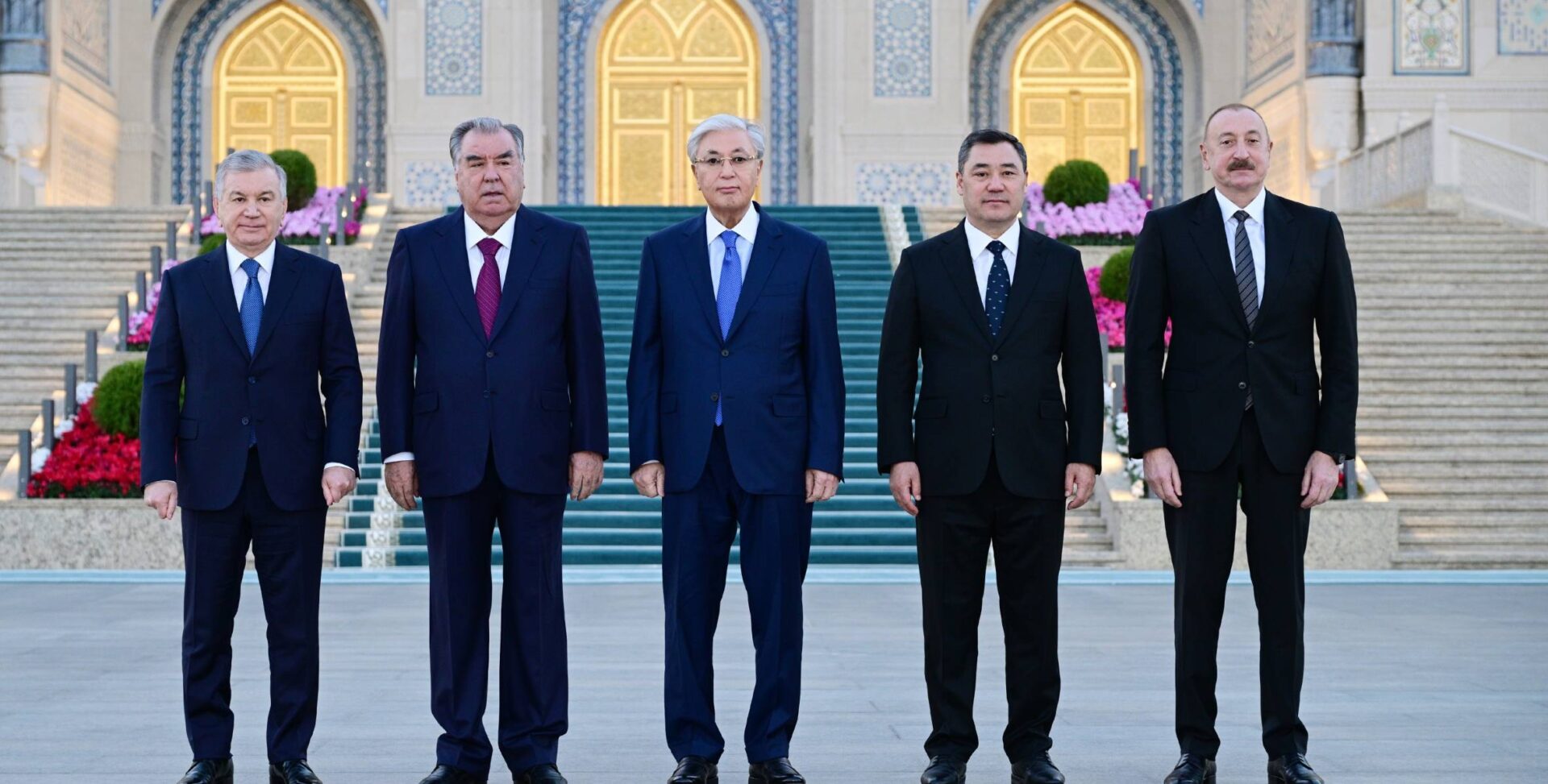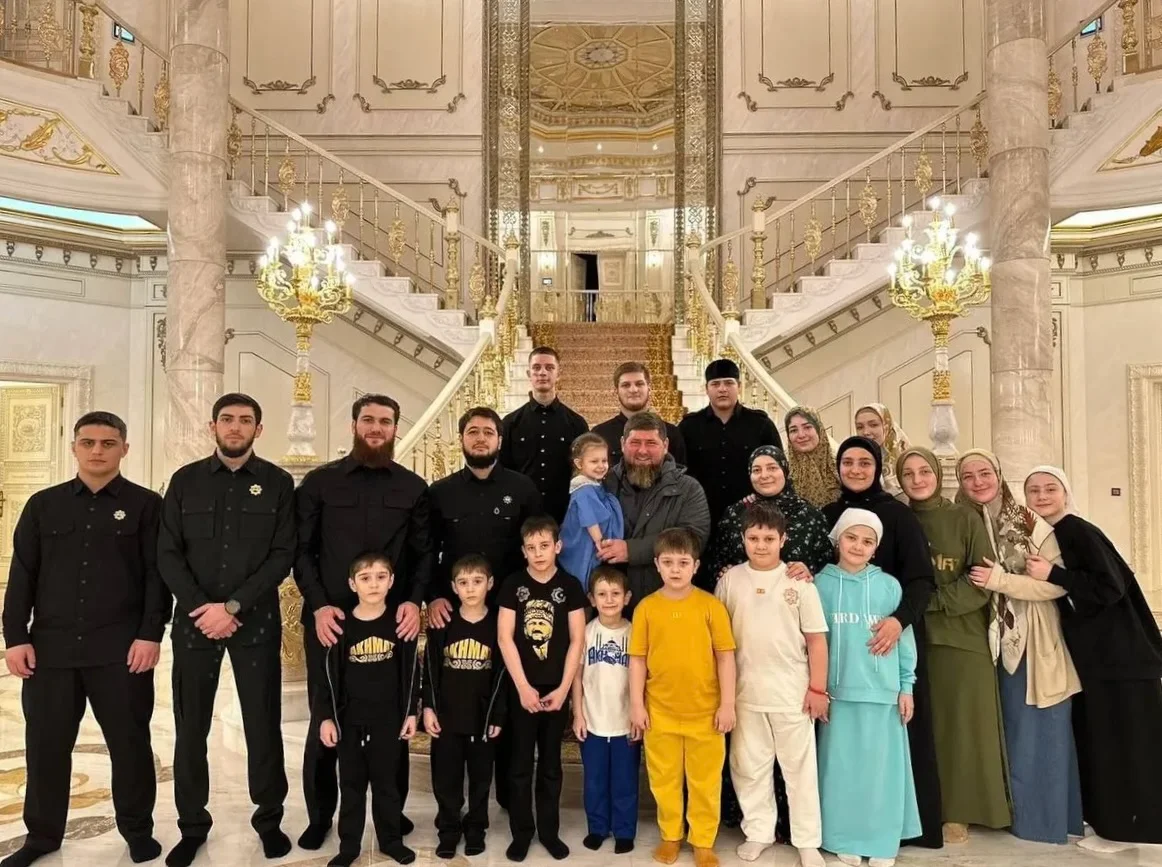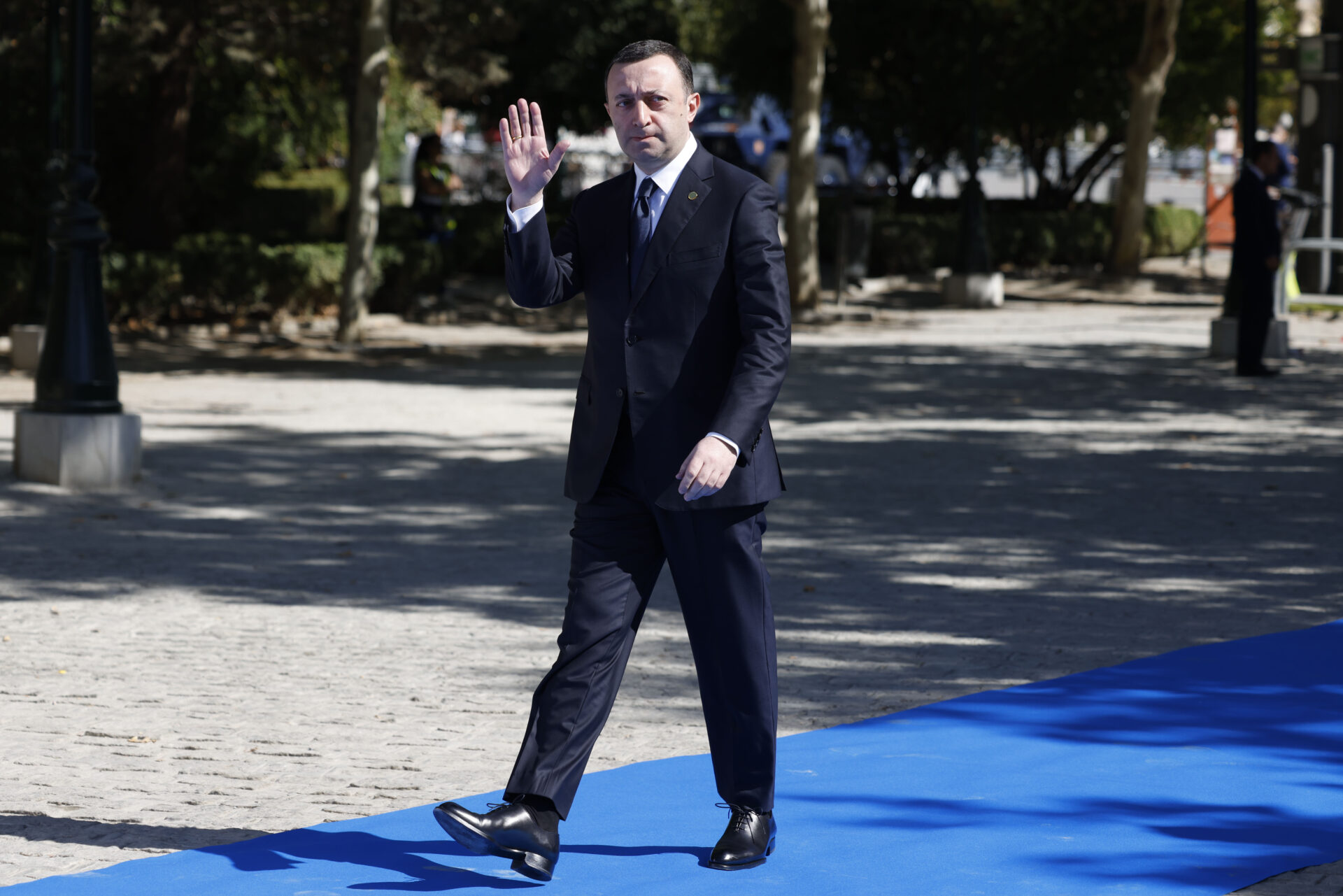PUTIN ORDERS FSB TO SAFEGUARD ELECTIONS AND ECONOMIC ASSETS
PUTIN ORDERS FSB TO SAFEGUARD ELECTIONS AND ECONOMIC ASSETS
This week Russian President Vladimir Putin broadened the role of the Federal Security Service (FSB). At the FSB’s annual board meeting on January 31, he instructed the agency to provide security and combat nationalist and extremist ideologies during the upcoming regional and national elections and to protect Russia’s economic interests. This move is his latest effort to expand the FSB’s power, much to the concern of many Russian democrats.
Putin told board members, “It is important not only ensure law and order, but also to safeguard society from any attempts at the ideology of extremism, national[ism], and religious intolerance percolating into the public and political arena. Elections are a very important democratic instrument for forming the state authorities, authorities, which are responsible and elected as a result of a sound political competition,” cautioning that the FSB “should work strictly within the legal framework, and any of your actions should be based on the Constitution and Russian laws” (Itar-Tass, January 31). Elections to local legislatures in 14 Russian regions will be held March 11, followed by the State Duma elections in December and presidential elections in March 2008.
Putin is also raising salaries for FSB careerists. Putin told the FSB board that in 2007 salaries for career officers would increase by nearly 25%, a raise more than double Russia’s average annual salary increase. The largesse follows a similar increase in 2006, when Putin’s government gave the FSB an additional 27% in direct added revenue.
The increased funding represents Putin’s ongoing interest in the service. He has personally attended five of the last six annual meetings of the FSB Board (Kommersant, January 31). Putin served in the Soviet Union’s notorious KGB, the FSB’s predecessor, from his recruitment in 1975 to his resignation in August 1991. Putin headed the FSB in 1998-99 before being appointed prime minister.
At the meeting, FSB boss Nikolai Patrushev addressed the FSB’s traditional role in combating foreign espionage, saying that in 2006 his agency thwarted the activities of 40 foreign special services and 89 of their agents. Patrushev added that in 2006 Russia’s security services blocked more than 300 terrorist actions and investigated more than 200 criminal cases involving Hizb-ut-Tahrir (Interfax, January 31).
Putin has expanded the FSB’s traditional focus and ordered it to crack down on corruption and economic crimes. “Contemporary Russia is conducting an active foreign policy in many directions. We are integrating into the global economy and it is important that we prevent leaks of classified political and economic information,” Putin said, emphasizing that it is necessary “to reliably protect promising scientific developments and technologies.”(Prime-Tass, January 31).
Putin’s comments about safeguarding economic secrets are doubtless driven by the rapid growth of Russia’s economy. Thanks to record high global energy prices, last year Russia’s economy grew 6.7%, according to preliminary estimates by the state statistics agency (Lenta.ru, January 31). The increased government revenues from the export of hydrocarbons are a mixed blessing, however. Putin himself has acknowledged the distorting effect of energy exports on the national economy and urged businessmen and government officials to find ways to increase development in Russia’s high-technology sectors that will manufacture products that can compete in the global economy. Such a move would have been a fact of diversifying Russia’s export economy, which at present is largely dependent on exporting oil, natural gas and other natural resources.
In 2005 Russian exports exceeded $240 billion, consisting of energy resources, armaments, ferrous and non-ferrous metals, fertilizers, and timber (RIA-Novosti, March 27, 2006). Largely due to booming crude oil and base metal prices, Russia’s foreign trade surplus rose to $140.1 billion in the period January-October 2006, with oil exports accounting for 35.2% of the total (Journal of Turkish Weekly, January 13). Riding on record-high energy prices and raw material exports, in January 2007 Russia became the world’s 10th-largest economy, with a $960 billion gross domestic product (St. Petersburg Times, January 9).
Russia’s energy exports have distorted this picture, however, as they now finance about 30% of the government’s budget. The 2007 Russian budget is based on forecasts for Russian export crude to remain at $61 per barrel. But Putin is facing an uphill task in attempting to diversify the Russian economy.
At present, Russian industrial exports primarily consist of armaments; last year Rosoboroneksport sold armaments worth $5.3 billion, with advanced aircraft accounting for 57% of the sales (Rosoboroneksport press release, January 19). Putin evidently hopes to rebuild the vaunted Soviet scientific establishment and wants the FSB to protect any innovative technologies that Russia’s scientific elite may develop from Western theft and exploitation. It will not be easy, as a decade and a half of under-funding and neglect has damaged the Soviet scientific infrastructure, leading to a massive brain drain abroad.
The upshot of Putin’s January 31 presentation to the FSB is that in the near term, the agency will be busier than ever, expanding its activities into areas that did not previously cover, from elections to economic espionage. It is an ambitious agenda, and the only certainty is that Patrushev and his agency will continue to receive the unstinting support of the Russian president.


